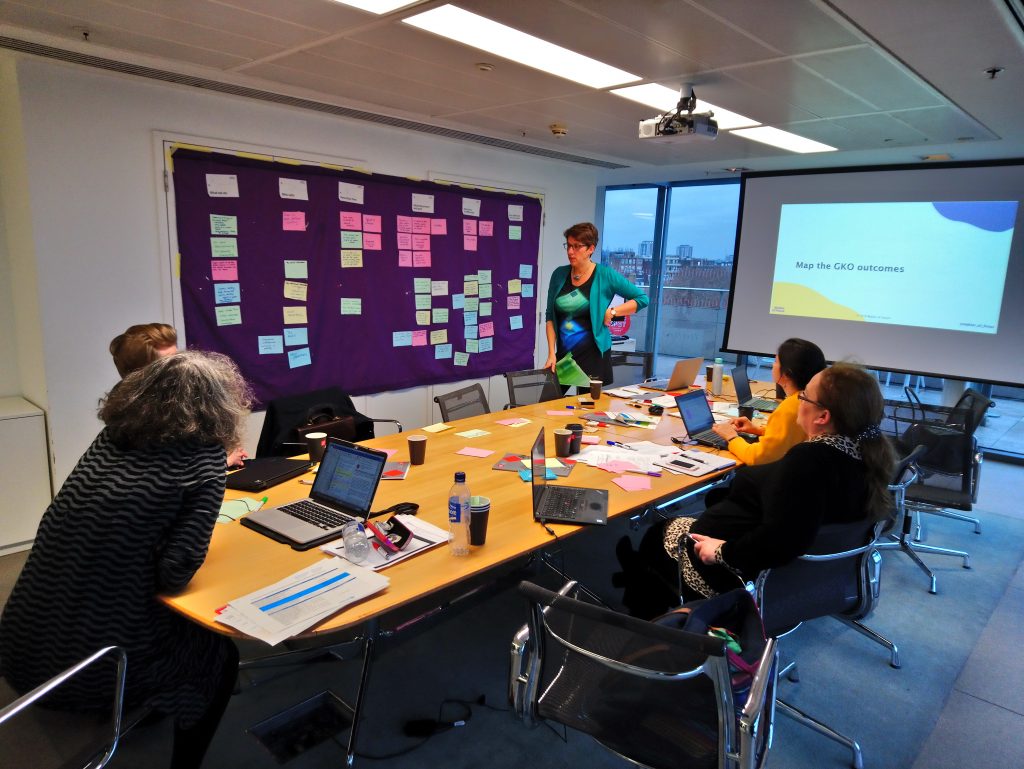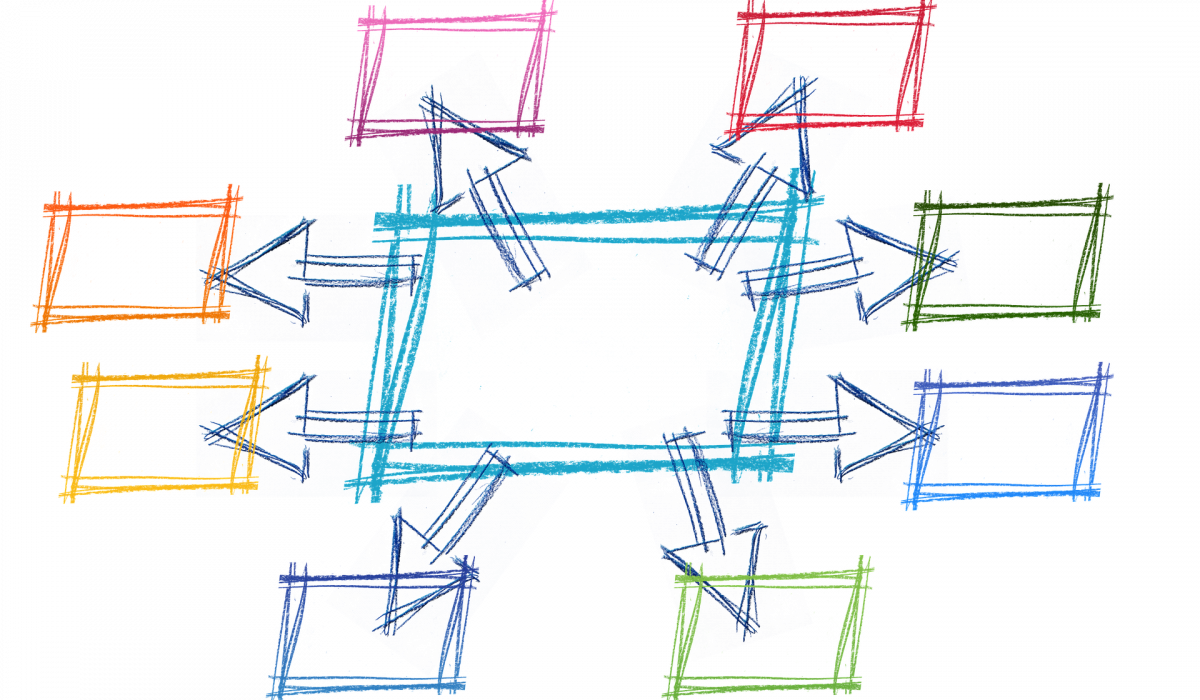 Global Kids Online was launched in 2016 with the purpose of building on the experience of the highly successful EU Kids Online network and further promoting research on children’s online rights on a global scale, with a focus on low- and middle-income countries. We recently published Growing up in a Connected World – a comparative report with data on internet use among nearly 15,000 children in 11 countries across Europe, Africa, Southeast Asia and Latin America. In order to understand ways in which the research has been taken up and used in partner countries and internationally, this study was commissioned in 2018 by UNICEF – Innocenti and The London School of Economics and Political Science (LSE) and undertaken by an independent team at Matter of Focus. It uses an approach that allows for the broad capture of impacts internationally as well as the specific impacts in partner countries, with more detailed focus on three case study countries (Uruguay, Bulgaria and Ghana), selected by the Global Kids Online management team.
Global Kids Online was launched in 2016 with the purpose of building on the experience of the highly successful EU Kids Online network and further promoting research on children’s online rights on a global scale, with a focus on low- and middle-income countries. We recently published Growing up in a Connected World – a comparative report with data on internet use among nearly 15,000 children in 11 countries across Europe, Africa, Southeast Asia and Latin America. In order to understand ways in which the research has been taken up and used in partner countries and internationally, this study was commissioned in 2018 by UNICEF – Innocenti and The London School of Economics and Political Science (LSE) and undertaken by an independent team at Matter of Focus. It uses an approach that allows for the broad capture of impacts internationally as well as the specific impacts in partner countries, with more detailed focus on three case study countries (Uruguay, Bulgaria and Ghana), selected by the Global Kids Online management team.
Aims and research questions
Aiming to evaluate the evidence of emerging national or global research impact from the collective activities of the Global Kids Online network, the study looks at:
- What is the national and global influence of the core Innocenti–LSE management team and its cross-country comparative research, associated advocacy activities and added value of the capacity-building and convening activities?
- What is the national and global influence of the research conducted by countries, usually but not always led by a UNICEF country office, drawing on specific evidence from fieldwork in Bulgaria, Ghana and Uruguay?
- What is the wider value of the network model including, but not limited to, perceived knowledge-exchange and spillover effects?
Methods
This impact assessment follows a tried and tested method developed by Morton (2015) and uses a Research Contribution Framework focusing on ‘contribution’ to help explain the ways that research is taken up and used to influence policy and practice (see more here). In this approach, research impact is conceptualised in three phases:
- Research uptake: people are interested in research, read it, talk about it, collaborate, come to a presentation.
- Research use: people do something with the research, change their view, pass it on to someone else, apply it to practice or policy.
- Research impact: a contribution to change as a result of research use.
Each of these phases was investigated through a process of mapping outcomes; collecting data; and reviewing how research has been taken up, used and contributed to change.
Key findings
The independent evaluation found that Global Kids Online research findings are regarded as the premier resource on children’s experiences online, both in partner countries and by international stakeholders and influencers. The research has been used extensively to influence policy and practice in nine partner countries, to build global understanding and action, and to influence international debate and action. For example:
Influencing policy and practice
- In Montenegro, the Philippines and Bulgaria, research has influenced education policy, contributing to curriculum development and parental support.
- In Albania and Brazil, research has contributed to digital strategies for both child protection online and digital inclusion.
- In Argentina, a new law on telecommunications includes digital literacy based on the research findings.
- For children and young people: in Montenegro, Argentina, Ghana and Bulgaria, interventions for children and young people including apps, digital participation and training have been designed in line with the research findings.
- For professionals: in Argentina, Uruguay and Montenegro, teachers have been directly engaged with the findings, including through new training, co-producing resources and exploring their role in supporting parents.
- For parents: in Uruguay and Ghana, support for parents in keeping their children safe online has been developed and rolled out.
- For the public: in both Ghana and Uruguay, public awareness campaigns on internet safety have been run.
Building global understanding and action
- Support provided by the Global Kids Online team to enable partner countries to adapt research to be contextually relevant yet internationally comparable has been important to partner countries’ ability to conduct and use research.
- Partner countries benefit from being part of a network, especially being able to compare results with other countries and gain support from each other.
- Many partner countries conducting research have developed strong local partnerships that have been crucial to realizing impacts from the research.
Influencing international debate and action
- Despite a highly political and contentious environment, Global Kids Online research is contributing meaningful insight to the global debate.
- The role of Global Kids Online in building an international picture of children’s experiences online was seen by interviewees as very important to gaining the attention of industry and regulators.
- The research has been taken up by international bodies and industry, with strong evidence of wider sharing.
Download the report
Further resources
Impact tools of Global Kids Online
How can using our research make an impact?
Working on knowledge exchange and impact
An inception meeting with Sarah Morton (Matter of Focus)
You can sign up to receive the latest research news from Global Kids Online by email. Please forward this message to anyone you think may be interested.








